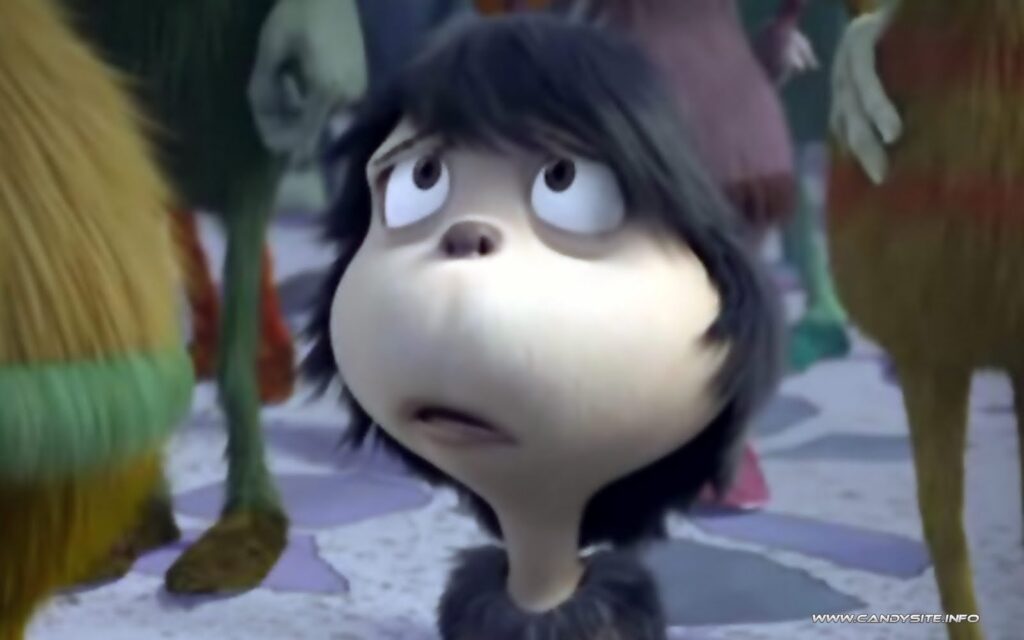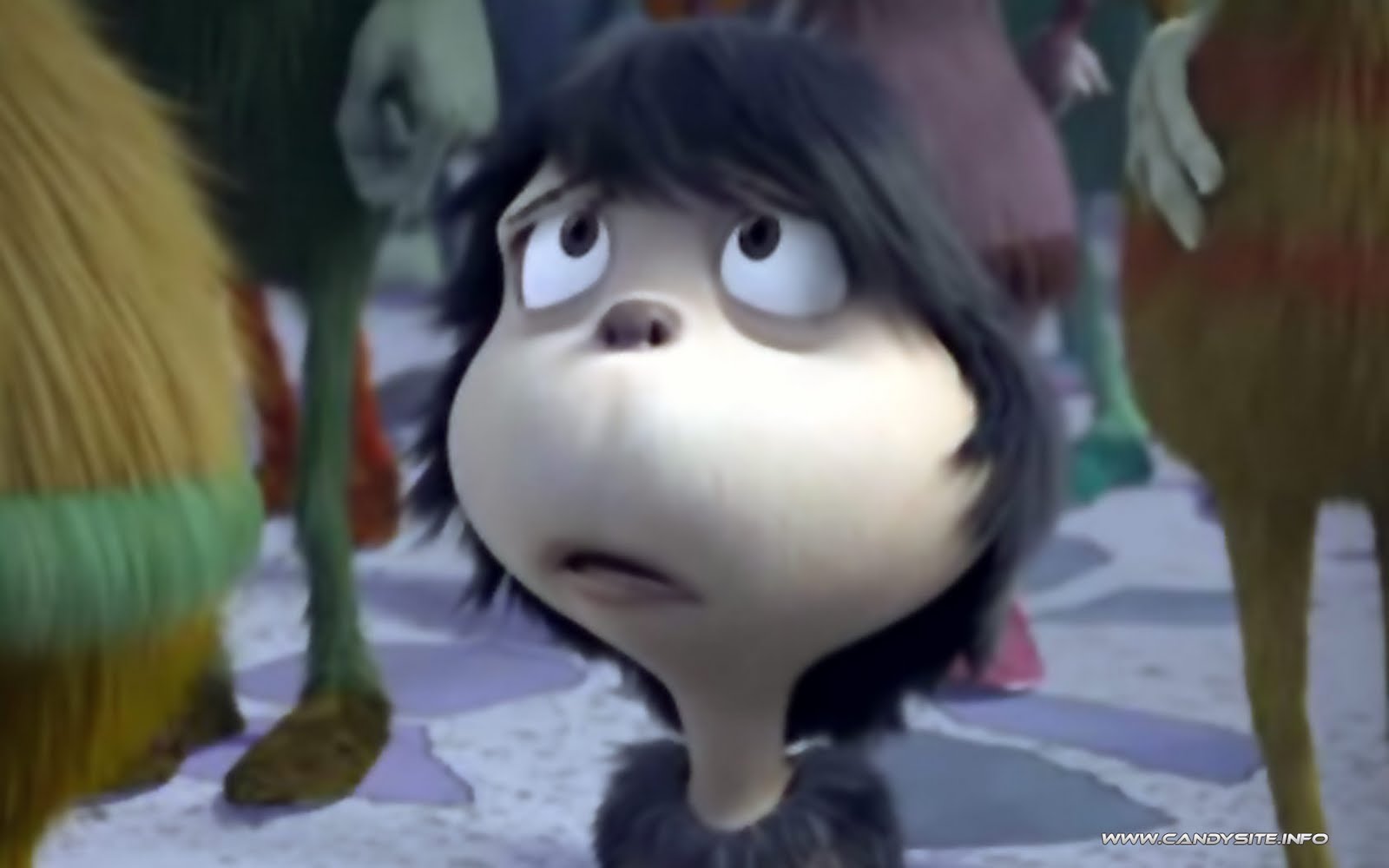
Introduction: The Whimsical World of Horton Hears a Who!
Dr. Seuss’s “Horton Hears a Who!” is a timeless tale celebrated for its vibrant characters, whimsical landscapes, and profound moral lessons. While the story primarily focuses on Horton the Elephant and his quest to protect the tiny Whos of Whoville, the narrative is populated with a host of supporting characters, each contributing to the story’s charm and depth. One such character, often overlooked but essential to the plot, is Jojo. This article delves into the significance of Jojo in “Horton Hears a Who!”, exploring his role, impact, and the underlying themes he represents.
Who is Jojo? An Introduction to a Silent Hero
Jojo is the son of the Mayor of Whoville. He is portrayed as a young, imaginative Who who initially struggles to conform to the expectations of his community. Unlike his numerous siblings, Jojo is quiet and appears somewhat detached from the bustling life of Whoville. He’s often seen as a bit of an outsider, a detail that ultimately becomes crucial to the story’s resolution. Jojo’s character, though not heavily emphasized throughout the book, serves as a critical linchpin in the narrative’s climax.
The Critical Role of Jojo in Saving Whoville
The central conflict in “Horton Hears a Who!” revolves around Horton’s efforts to convince the other animals in the Jungle of Nool that the Whos exist. Despite Horton’s unwavering belief and persistent attempts, the other animals, led by the Sour Kangaroo, remain skeptical and hostile. They see Horton as delusional and the Whos as a figment of his imagination. The Sour Kangaroo, determined to silence Horton and eradicate the perceived threat, orders the Wickersham Brothers to capture Horton and destroy the speck of dust containing Whoville.
As the story reaches its climax, the Wickersham Brothers drop the speck of dust into a field of clover. Horton, with his keen senses, searches tirelessly until he finds the clover containing Whoville. However, the Sour Kangaroo and her cohorts are not easily deterred. They threaten to boil the speck in a pot of Beezle-Nut oil unless the Whos can make themselves heard. The Mayor of Whoville rallies his citizens, urging them to shout, sing, and make as much noise as possible to prove their existence.
Despite their collective efforts, the noise produced by the Whos is not loud enough to penetrate the skepticism of the Jungle of Nool. Just when all hope seems lost, Jojo steps in. Realizing the gravity of the situation and the importance of making his voice heard, Jojo unleashes a mighty “Yopp!” This single, powerful sound breaks the sound barrier, reaching the ears of the animals in the Jungle of Nool and finally convincing them of the Whos’ existence. Jojo’s contribution is not just a plot device; it’s a powerful symbol of individual potential and the importance of every voice, no matter how small.
Jojo’s Character Arc: From Silent Observer to Savior
Jojo’s character arc is subtle but significant. Initially, he is portrayed as a quiet, almost withdrawn member of the Who community. He doesn’t actively participate in the bustling activities of Whoville, and his silence sets him apart from his boisterous siblings. This initial portrayal sets the stage for his eventual act of heroism. Jojo’s silence isn’t necessarily a sign of weakness or apathy; rather, it suggests a contemplative nature and a potential for profound action. When the moment arrives, Jojo’s pent-up energy and realization of the stakes propel him to unleash the decisive “Yopp!”
This transformation highlights a central theme in Dr. Seuss’s work: the idea that everyone, regardless of their perceived limitations, has the potential to make a significant contribution. Jojo’s journey from a silent observer to a savior underscores the importance of recognizing and nurturing the unique talents and abilities of every individual. It also emphasizes that true strength often lies in unexpected places.
The Significance of “Yopp!”: A Symbol of Individual Contribution
Jojo’s “Yopp!” is more than just a sound; it’s a symbol of individual contribution and the power of a single voice. In a world where conformity is often valued and individual differences are sometimes overlooked, Jojo’s act of speaking out becomes a powerful statement. It demonstrates that even the smallest voice can make a difference and that every individual has the potential to impact the world in a meaningful way.
The “Yopp!” also represents the breaking of barriers – both literal and metaphorical. It breaks the sound barrier, allowing the Whos to be heard, and it breaks the barrier of skepticism and disbelief that had previously blinded the animals of the Jungle of Nool. In this sense, Jojo’s “Yopp!” is a catalyst for change, ushering in a new era of understanding and acceptance.
Jojo as a Reflection of Dr. Seuss’s Themes
Jojo’s character and his pivotal role in “Horton Hears a Who!” embody several key themes that are prevalent throughout Dr. Seuss’s work. These themes include:
The Importance of Inclusivity and Acceptance
Dr. Seuss consistently championed the values of inclusivity and acceptance. “Horton Hears a Who!” is a powerful allegory for the importance of recognizing and respecting the existence of those who may be different from us. Jojo’s story reinforces this message by demonstrating that even those who seem quiet or withdrawn have value and deserve to be heard.
The Power of Individual Action
Dr. Seuss often highlighted the power of individual action to effect change. Jojo’s “Yopp!” is a prime example of this theme. It shows that a single person, even a young and seemingly insignificant one, can make a profound difference in the world. This message encourages readers to take responsibility for their actions and to believe in their ability to create positive change.
The Rejection of Conformity
Dr. Seuss frequently challenged the notion of blind conformity, encouraging readers to think for themselves and to question the status quo. Jojo’s initial reluctance to conform to the expectations of Whoville, followed by his eventual act of defiance in the form of the “Yopp!”, underscores this theme. It suggests that true progress often requires individuals to break free from conventional thinking and to embrace their unique perspectives.
Analyzing Jojo’s Impact on the Story’s Message
Jojo’s character and his actions significantly impact the overall message of “Horton Hears a Who!”. Without Jojo’s contribution, the story would lack its powerful climax and its resounding message of hope and inclusivity. His “Yopp!” is the key that unlocks the potential for understanding and acceptance, ultimately leading to a more harmonious world.
Furthermore, Jojo’s character serves as a reminder that everyone has a role to play in creating a better future. He embodies the idea that even the smallest and seemingly insignificant individuals can make a difference and that every voice deserves to be heard. This message is particularly relevant in today’s world, where marginalized communities often struggle to be seen and heard.
Jojo in Different Interpretations and Adaptations
While Jojo’s role in the original book is relatively concise, different adaptations of “Horton Hears a Who!” have expanded upon his character and his significance. In the animated film and other adaptations, Jojo is often given more screen time and a more developed backstory. These adaptations may explore his relationship with his father, the Mayor, or delve deeper into his internal struggles and motivations.
These interpretations often enhance the emotional impact of Jojo’s eventual act of heroism, making his “Yopp!” even more powerful and meaningful. They also provide an opportunity to explore the themes of individuality and self-expression in greater depth. By expanding upon Jojo’s character, these adaptations further emphasize the importance of recognizing and celebrating the unique contributions of every individual.
Conclusion: The Enduring Legacy of Jojo’s “Yopp!”
In conclusion, Jojo is a vital, albeit often overlooked, character in Dr. Seuss’s “Horton Hears a Who!”. His journey from a quiet observer to a savior underscores the importance of individual contribution, the power of a single voice, and the potential for greatness that lies within every individual. Jojo’s “Yopp!” is not just a plot device; it’s a symbol of hope, inclusivity, and the enduring legacy of Dr. Seuss’s timeless message.
Jojo’s story reminds us that even in a world that often values conformity and overlooks individual differences, every voice matters and every person has the potential to make a significant impact. As we reflect on the lessons of “Horton Hears a Who!”, let us remember Jojo and his “Yopp!”, and let us strive to create a world where everyone is heard, valued, and empowered to reach their full potential.
Further Exploration: Jojo and the Broader Seussian Universe
To further appreciate Jojo’s role, it’s helpful to consider him within the broader context of Dr. Seuss’s literary universe. Many of Seuss’s stories feature characters who, like Jojo, initially appear unassuming but ultimately play crucial roles in conveying the story’s message. Characters like Sam-I-Am from “Green Eggs and Ham” or the Lorax demonstrate the power of persistence and the importance of speaking out against injustice.
By examining these recurring themes and character archetypes, we can gain a deeper understanding of Dr. Seuss’s overall philosophy and his commitment to promoting values such as empathy, inclusivity, and individual responsibility. Jojo, in this context, becomes more than just a minor character; he becomes a symbol of the potential for good that exists within each of us.
Practical Applications: Lessons from Jojo in Everyday Life
The lessons embodied by Jojo and his “Yopp!” extend far beyond the pages of “Horton Hears a Who!”. They offer valuable insights that can be applied to everyday life, encouraging us to:
- Embrace our individuality: Recognize and celebrate our unique talents and perspectives, even if they differ from the norm.
- Speak up for what we believe in: Use our voices to advocate for justice, equality, and the well-being of others.
- Believe in the power of small actions: Understand that even seemingly insignificant acts can have a profound impact on the world.
- Listen to and value diverse perspectives: Create spaces where everyone feels heard, respected, and empowered to contribute.
By incorporating these principles into our daily lives, we can honor the legacy of Jojo and help create a more inclusive, compassionate, and equitable world for all.

